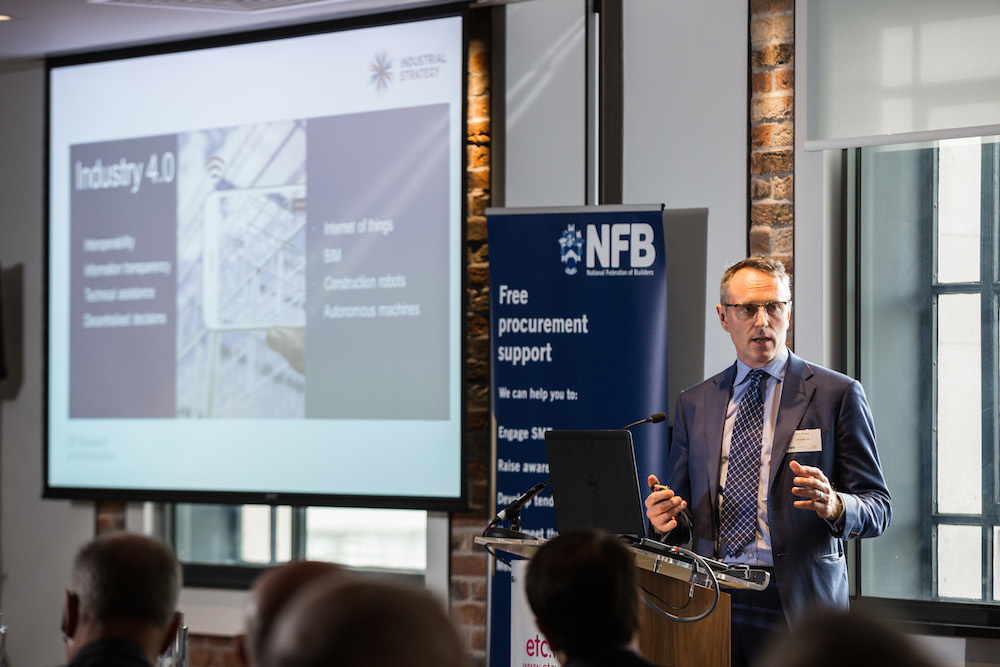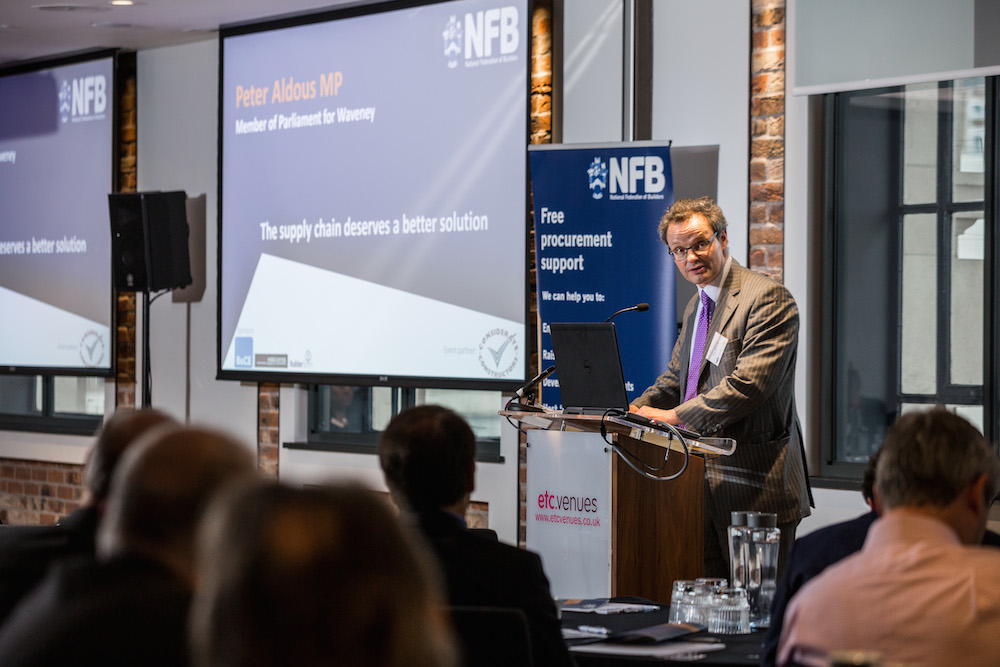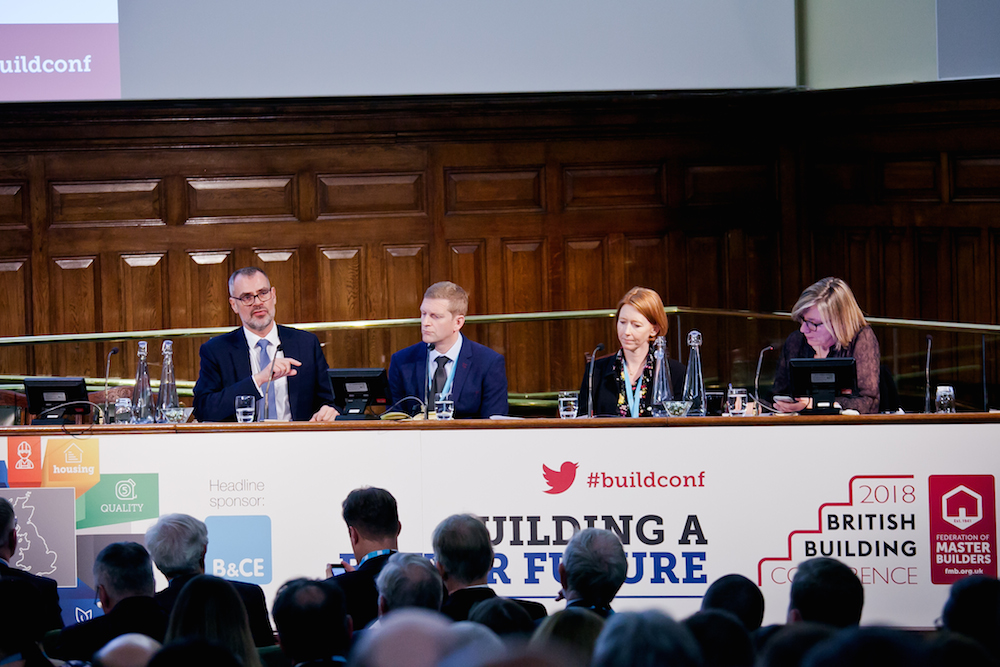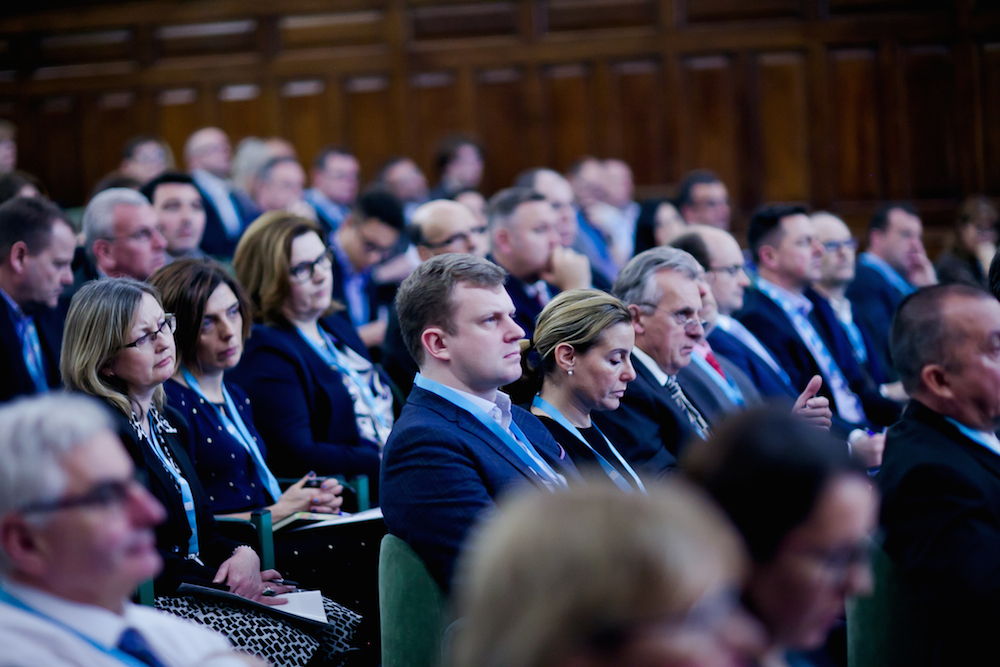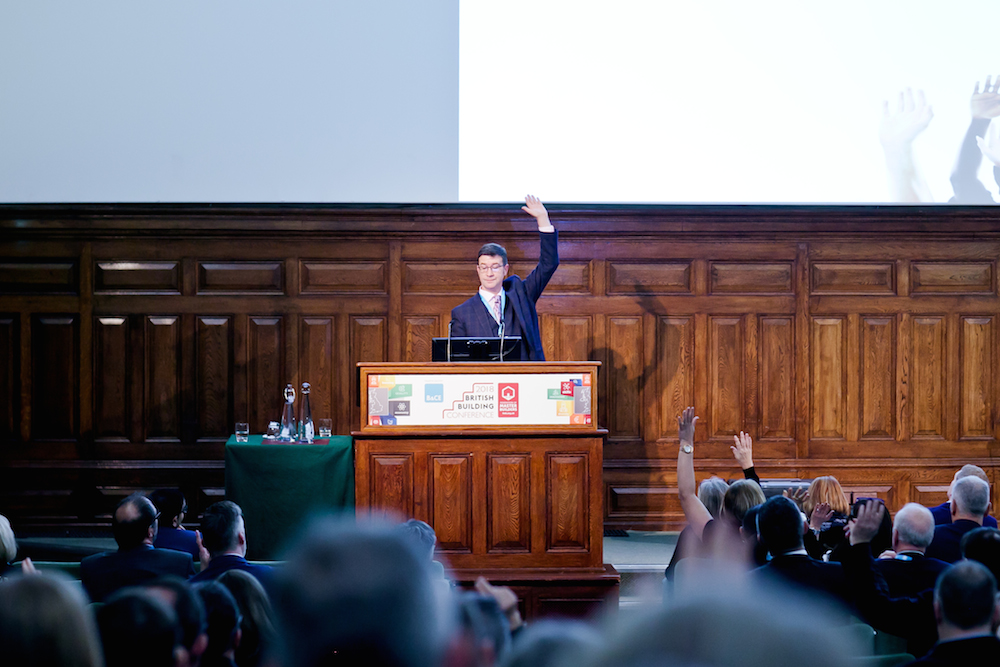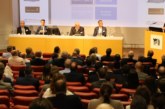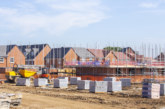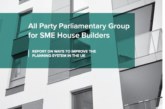In the closing weeks of 2018 the National Federation of Builders and the Federation of Master Builders both held conferences to take stock of developments in the construction sector and to share information about the challenges ahead. PHPD was on hand to discover the details.
Clicks and Mortar: Making construction digital
The recent National Federation of Builders (NFB) annual conference in London featured a packed agenda concentrating on a number of topics of concern to the sector. Under the main headline, ‘Clicks and Mortar: Making construction digital’ a series of speakers outlined and reflected upon issues ranging from planning and skills to occupational health and retentions – all looking at ways the digital world is influencing these issues.
One of the highlights of the day was a presentation by Peter Aldous MP who outlined his Private Members Bill to tackle the issue of poor payment practice in the sector via the introduction of a retentions deposit scheme. Aldous reported on the progress of the Bill, which has the backing of a substantial number of trade bodies throughout the sector, and updated attendees on future options, which could include a ban on retentions.
Another of the keynote addresses looked at the issue of skills – a well-documented challenge in the sector. Sarah Beale, Chief Executive of the CITB provided an overview of the ways in which the organisation can help businesses access digital skills, primarily through training assistance. Questioned by the audience on the CITB’s training contributions for core skills, she outlined how the organisation is working towards a more strategic approach to meeting the training needs of the industry.
Earlier in the day’s proceedings, and opening the event, Jennifer Schooling, Director of the Centre for Smart Infrastructure at Cambridge University discussed the scope for the use of ‘digital’ in construction. Indicating that the future workforce will expect to work in a digital environment, she explained how the construction sector lags behind other sectors in digital, noting that the better data we have, the better decisions we make.
On the subject of planning, Michael Bingham, representing MHCLG, outlined the recent changes to the NPPF and paid particular reference to the opportunities for SMEs, including the fact that Local Plans should ensure 10% of new housing is delivered on sites of 1ha or less. He also reminded the audience of requirements within the NPPF for self and custom build and the role Neighbourhood Plans can play. Michael also drew attention to the ways in which digital tools were helping to unlock development opportunities.
The packed agenda for the day reflected the volume of challenges facing the sector and the role the digital environment can play as part of the solution. Members of the audience and speakers alike talked about a ‘tipping point’ for the industry. But perhaps the key message on digital that came across from both speakers and delegates alike was that it is as much a mindset as it is a technological challenge.
Building a Better Future
Skills, a licencing scheme for small builders, mental health and innovation were all on the agenda for the inaugural Federation of Master Builders (FMB) ‘Building a Better Future’ conference in early December. Hosted by broadcaster and BBC Radio 4 presenter Sarah Montague, around 250 attendees heard from a variety of speakers who examined a number of the challenges currently facing the sector.
High on the agenda was the issue of raising standards with Brian Berry, Chief Executive of the FMB arguing that a licensing scheme would help to tackle the problem of cowboy builders. He noted that, “there is an appetite in the industry for higher standards.” A show of hands in the room supported the suggestion.
Innovation and the need to increase productivity in the construction sector was another key issue considered. Richard Bacon MP called for an increase in the level of new homes delivered through custom and self-build, while Hew Edgar, Interim Head of Policy at the Royal Institution of Chartered Surveyors (RICS), outlined the benefits that Modern Methods of Construction (MMC) could bring. Lord Wei of Shoreditch discussed the need for greater innovation in the market, noting the impact of the recent Bristol Festival of Housing, which showcased a number of new housing solutions at locations across the city.
Occupational Health was also on the agenda with both Margaret Grahamshaw, Head of Occupational Health at B&CE (which was the headline sponsor of the event) and Dave Lee, author of ‘The Hairy Arsed Builder’s Guide to Stress Management’ underlining the importance of this issue. Margaret highlighted the fact that there have been 80,000 work related illness incidents in construction in 2016/17 – concerning for both individuals and businesses. Dave Lee, a groundworks foreman, whose energetic presentation was one of the highlights of the day, inspired the room to think differently about the stresses and strains of everyday life and explored alternative ways to approach stress management.
The skills shortage in the construction industry is a well-known issue and all of the speakers on this issue agreed the industry needs to do more to both encourage people into the sector and effectively train and retain them. With women only constituting 11% of the construction workforce, diversity was recognised as a key challenge. A number of contributions on this topic noted the role SME business play in training apprentices in the construction sector, with many calling for more support in this area.
It is well known that SME constructions firms are the backbone of the construction sector, and both recent conferences celebrated the vital role these organisations play in the industry, while also providing a focus on the wide variety of challenges that continue to face the sector. PHPD will be looking in more detail at a number of these areas in the coming year.


